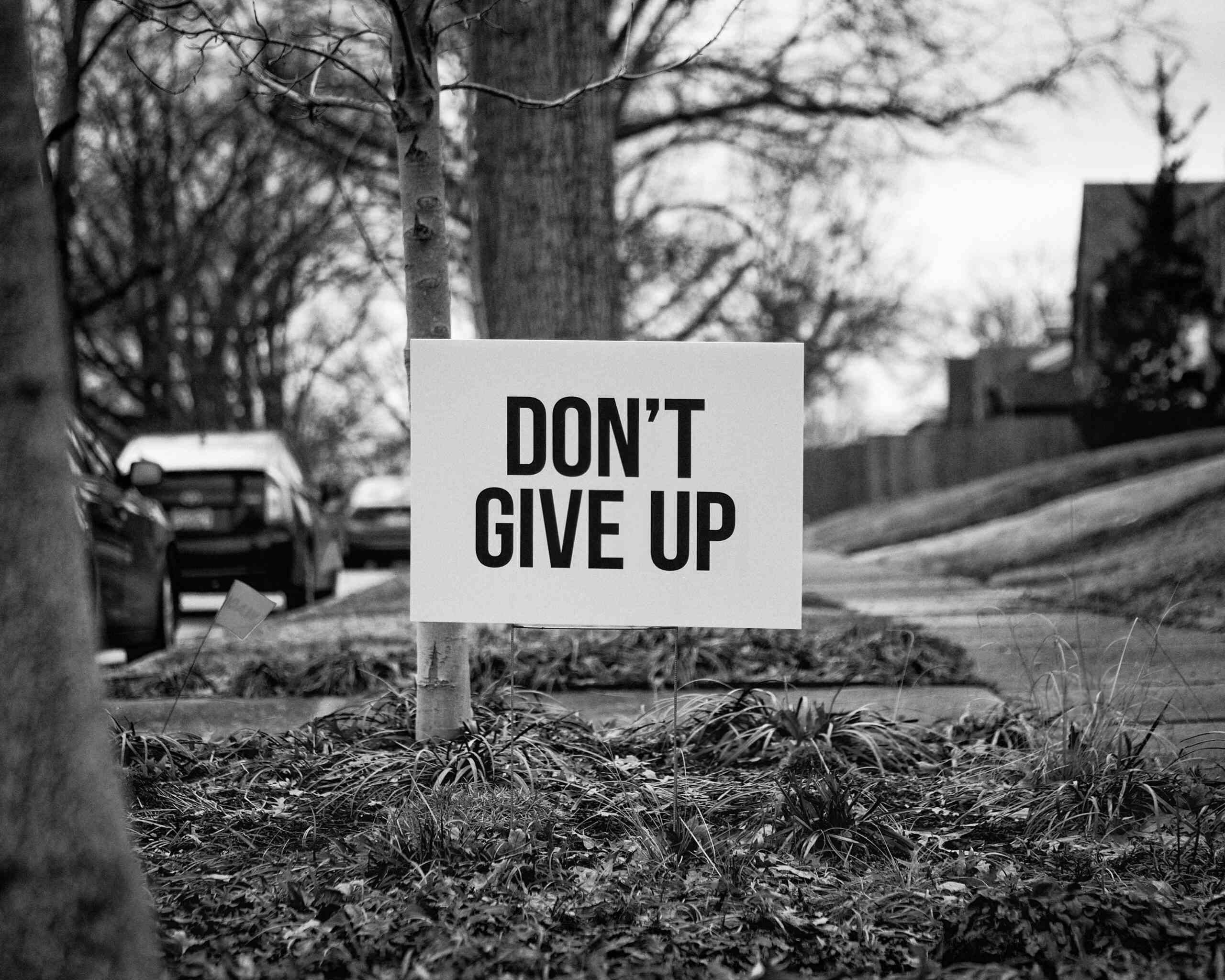While a lot of us are familiar with 12 step recovery, there are still those out there that have no clue what it means to be a member of a 12-step fellowship. So, what is 12-step recovery? How does it work?
Your usual 12-step fellowships are AA, NA, and CA. AA being Alcoholics Anonymous, NA is Narcotics Anonymous, and CA is Cocaine Anonymous.
While these are the most popular around the globe, you will find other fellowships that cater to heroin addicts (HA), crystal meth addicts (CMA), and even sex addicts, codependents, and over eaters. Our focus is on the still struggling addict and alcoholic.
AA being that it’s the oldest and original fellowship will be our study subject today. According to American Addiction Centers, there are approximately 2 million members around the world. Meaning, you are not alone.
One of the beauties of 12-step groups is the fellowship. Members of 12-step groups are known for rising up around their members. Giving support to one another. One example is sponsorship. What is a sponsor? A sponsor is a mentor of sorts. Someone who has a working knowledge of the Big Book of Alcoholics Anonymous and has worked the 12 steps to the best of their ability. A sponsor is a man or woman whose job is to guide the newcomer through the steps.
I know, I know, that was a lot to process. You may have questions like, “What’s a Big Book?”, “What are the steps?” Let’s take a moment to answer these questions.
“What are the steps?” The 12 steps are the very backbone and principals of a 12-step fellowship. You “work” the steps with a sponsor who shares their experience with the steps with you.
“What’s a Big Book?” Great question. The simple answer is that the Big Book is the “text” that outlines the steps in the order that they should be worked. The first 164 pages of the Big Book spells out the steps that lead folks to sobriety. Here are the 12 steps as they are outlined in the Big Book.
- We admitted we were powerless over alcohol—that our lives had become unmanageable.
- Came to believe that a Power greater than ourselves could restore us to sanity.
- Made a decision to turn our will and our lives over to the care of God as we understood Him.
- Made a searching and fearless moral inventory of ourselves.
- Admitted to God, to ourselves, and to another human being the exact nature of our wrongs.
- Were entirely ready to have God remove all these defects of character.
- Humbly asked Him to remove our shortcomings.
- Made a list of all persons we had harmed and became willing to make amends to them all.
- Made direct amends to such people wherever possible, except when to do so would injure them or others.
- Continued to take personal inventory and when we were wrong promptly admitted it.
- Sought through prayer and meditation to improve our conscious contact with God, as we understood Him, praying only for knowledge of His will for us and the power to carry that out.
- Having had a spiritual awakening as the result of these Steps, we tried to carry this message to alcoholics, and to practice these principles in all our affairs.
Some of you after reading these steps are thinking oh no, here we go, another religious fanatic group. Please don’t let the mention of a Higher Power or the word God scare you away. This program is built on the idea that you can believe in any power greater than yourself. Your Higher Power doesn’t have to be the same as mine. There is no box that a spiritual experience is placed in.
The Big Book outlines that the only way to effectively combat drinking or drugging is through a spiritual experience. When we say God. Its God as you see him/her/it. We have talked about helping others and finding god.
The last part of this journey is cleaning up the mess we made in our active addiction. Your sponsor will walk you through how to clean up your side of the street and how to mind relationships through the steps. So, we clean house, find God and help others. By doing this we have a chance not to pick up one day at a time.
Here are some of the statistics on the success rate of long-term sobriety with 12-step groups. These are according to an article written by American Addiction centers.
AA success statistics are often hard to gauge because of different variables, but statistics released in 2007 by AA reported on the success of AA members and the length of sobriety:2
- 31% of members were sober for less than a year’s time.
- 24% were sober for between 1 and 5 years.
- 12% were sober for between 5 and 10 years.
- 33% were sober for 10 or more years.


